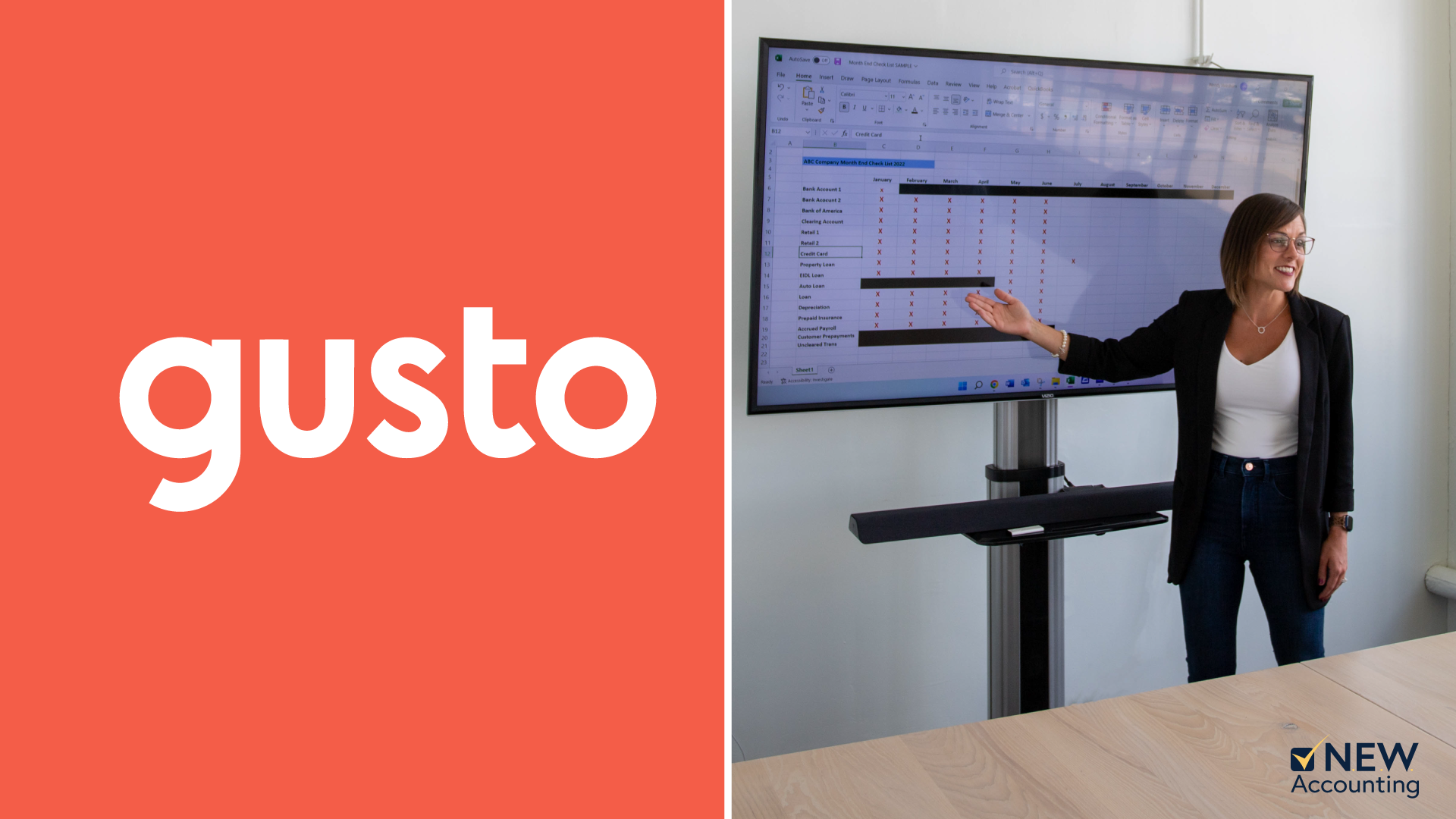Year-End Accounting Tasks Every Small Business Should Complete
The end of the year is a critical time for small businesses. It is a time to review the past year and plan for the coming year. You must complete several end-of-year accounting tasks to ensure your business is properly prepared for the future. From ensuring that your financial statements are accurate to making sure that you've taken full advantage of all tax deductions, these tasks are essential to the health of your business. With the right knowledge and resources, you can easily ensure that these tasks are completed efficiently and accurately. Read on to learn about the important end-of-year accounting tasks every small business should complete.
Overview of End-of-year Accounting Tasks
A proper accounting system is essential for any successful business. It allows you to keep track of your company's finances and provides valuable information for decision-making. Several end-of-year accounting tasks need to be completed when you have a system in place.
Balance Sheet Reconciliation
The company balance sheet will show the business's current financial position at the end of the accounting year. It's vital to ensure that all figures are accurate. If there are any discrepancies, they must be identified and corrected.
Tax Planning
The end of the year is a great time to review your company's tax situation. By doing so, you can identify ways to minimize your taxes in the coming year.

Review of Accounts Receivable and Accounts Payable
The accounts receivable and accounts payable are the money owed to and by the business. They should be reviewed to ensure that everything is recorded correctly and that all payment terms have been met.
Compliance With Regulatory Requirements
There are certain regulatory requirements that your business must comply with. Reviewing these requirements can help ensure your business is ready for the next year. For example, the Sarbanes-Oxley Act requires businesses to maintain accurate financial records, and making sure that all accounting tasks are completed correctly will ensure that your business is prepared.
Prepare Financial Statements
Year-end financial statements provide a snapshot of your business's financial health at a given time. They are used in many ways, including when applying for a loan or obtaining financing.
Review of Payroll Processes
Every business must pay taxes and other deductions from employees' wages. Your accounting system will help you track these payments and other payroll processes.
Using Accounting Software
Most accounting software has built-in tools designed to help you complete year-end accounting tasks. Using this software can save a great deal of time and effort.

New Paragraph



